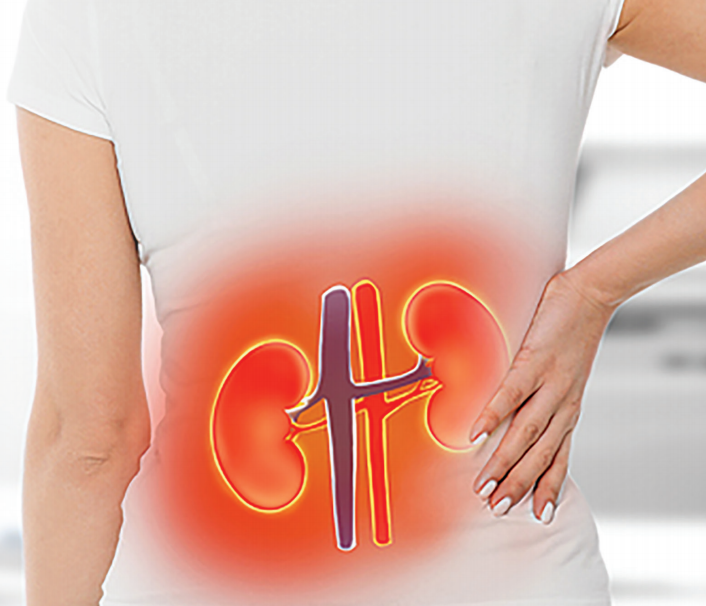Danielle Soranno, MD
Sex Differences in Acute Kidney Injury and Implications for the Heart
Devin Lynn Mar 30, 2021
“Acute kidney injury has historically been studied separately from chronic kidney disease, but we are seeing more evidence that AKI can lead to long-term kidney disease,” said Danielle Soranno, MD, Ludeman Center researcher. “AKI research formerly often only looked at four hours to one day out from the injury, but our study wanted to see the long-term effects of AKI - from one month to one year - to better understand estrogen and its protective qualities on women’s hearts.” In AKI research, Dr. Soranno is one of the few investigators to propose research that looks at the effects of AKI on the heart up to 12 months later.
The study found that male mice with AKI developed high blood pressure and that their hearts did not pump as well as mice that did not have AKI. Females also developed high blood pressure, but their hearts were still able to pump well. “Our findings suggested that estrogen was protective for energy utilization in the heart in females,” said Dr. Soranno. Understanding the mechanisms underlying these sex differences could result in better patient outcomes for both men and women dealing with AKI.
Dr. Soranno had attended several Annual Community Luncheon events with the Ludeman Center. “Every time I was at the luncheon, I knew that I needed to include sex differences in my research,” said Dr. Soranno. “It was just a matter of gathering some initial data so I could put together a proposal.”
After starting in biomedical engineering, Dr. Soranno was urged by her mentors to apply to medical school. She is now a clinician-scientist at the CU Anschutz Medical Campus. “I was drawn to basic science because it paired well with my background interests and I liked the challenge,” said Dr. Soranno. “Not a lot of clinicians pursue research. It is challenging and you aren’t sure if you are going to succeed. It is really a study in resiliency.” In addition to her robust research program, Dr. Soranno is also a pediatric nephrologist at Children’s Hospital Colorado. “There is so much to be gained from the clinic. Some things sound great in the lab, but you have to understand the clinic to translate that knowledge into patient care.”
Dr. Soranno credits the Ludeman Center with helping launch her long-term AKI study as well as for fostering a collaborative environment. She is currently funded by a Junior Faculty Research Development Award, along with Dr. Peter Baker, another Ludeman Center scientist. “I have met so many science friends and collaborators through the Center. It is exciting. I think one of the main downsides with COVID professionally is losing the impromptu connections that we used to make in the lab and other gatherings on campus.”
The Junior Faculty Research Development Awards, or seed grants, jump-start ideas and help researchers build careers in women’s health and sex differences research. The funding along with mentoring, trainings, networking and biostatistical support make it possible for junior researchers to obtain crucial pilot data, submit for larger grants and become independent investigators. Each seed grant is typically $25,000, with $50,000 grants periodically awarded for multi-disciplinary team research projects.
“Our seed grant program is extremely effective and seeing our awardees succeed is one of the great joys of working with the Ludeman Center,” said Jane Reusch, MD, associate director at the Ludeman Center. “These grants support new ideas and junior faculty to pursue innovative research in the much-needed area of women’s health and sex differences. This is a tangible result from philanthropic support in our community.
Tags:
Danielle Soranno